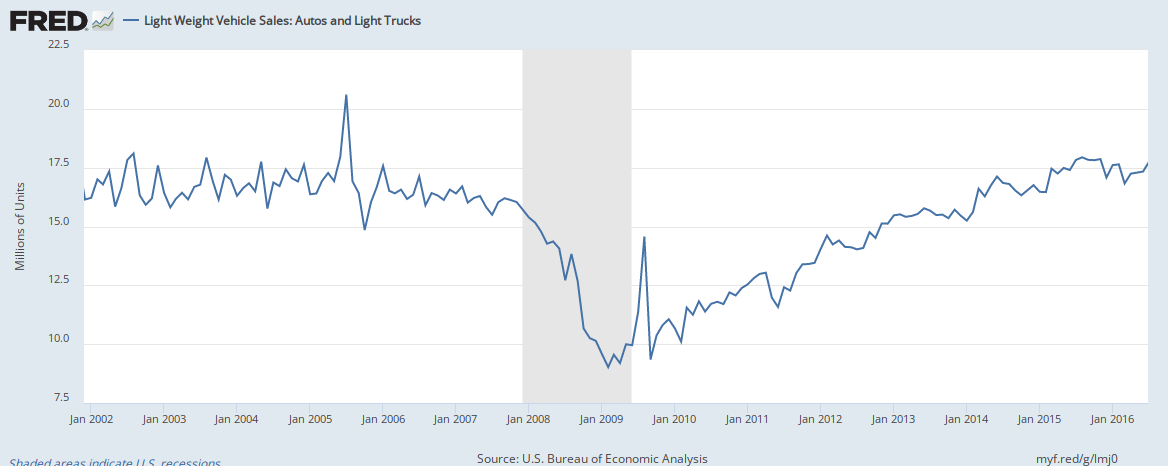While your Tesla valuation figure is moving in the right direction, even in that timeframe you are still comparing apples to oranges:
- Toyota is a commodity ICE vehicles market supplier with stiff competition and razor-thin margins.
- Tesla owns the very lucrative, high-margin franchise/monopoly of premium EVs with no credible competition in sight, and such natural monopolies tend to be countercyclical and can grow faster or maintain sales better in recessions. (Not to mention the monopoly income and price setting power.)
- Tesla also has very high value intangibles which are not on the balance sheet: for example 100% margin software products that improve margins, such as AutoPilot. (If Tesla wanted to they could probably maintain $50b valuation from licensing AutoPilot and their integrated automotive software stack to other carmakers.)
These are all very important factors that differentiate Toyota and Tesla.
What this amounts to is an argument that Tesla ought to have a higher P/E than industry peers due to growth prospects and technological competitiveness. That is a premium — Tesla's P/E ought to be higher than the industry precedent. It's not a discount to the P/E of Toyota, which doesn't seem to have changed all that much same pre-Roadster and post-Roadster.
So, it comes down to qualitative factors, rather than simply multiplying metrics by multiples. That, if anything, is my point.
I don't agree that electric car manufacturing is a natural monopoly. It seems to be as much a commodity business in the long run as gasoline car manufacturing. There may be a ~5 year lag (give or take a few years) where Tesla pulls ahead and gains an outsized share of the global auto market. Say your investment time horizon is 20 years. Let's imagine autonomy never happens. Are there strong reasons to believe Tesla will have a 50%+ share of the global EV market in 20 years? Won't batteries and electric drivetrains simply become commoditized by then?
If your investment timeframe is 5 years, I can see you have a different picture of things. But if your timeframe is 5 years, that also limits your potential to capture a piece of the longer-term growth in Tesla's value. So if your time horizon is more like 10+ years, then I think you have to consider the likelihood of the commoditization of EV technologies in the long run. In which case maybe it makes more sense to model Tesla as having a 10% or 20% global market share, rather than 50% or 60%. At a 10% or 20% market share what would Tesla be worth?
Well, look at the automakers today who have a ~10% market share, like Toyota, Volkswagen, and GM. Look at their valuations. Is there any reason why an EV company 20 years from now would have a higher valuation than them?
One possibility is capital efficiency. EVs might require half as much capital to manufacture. Then again, wouldn't that lower the barrier to entry, increase competition, and drive prices down? I'm not quite sure how to think about this.




